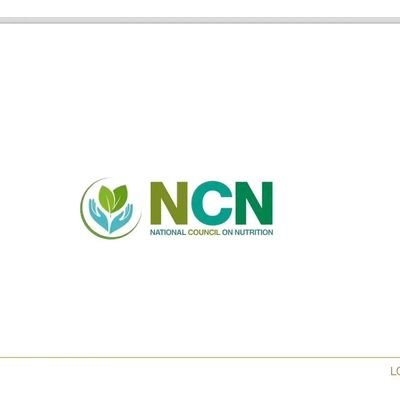By Muhamamd Amaan
The Federal Government of Nigeria has reiterated its commitment to combat malnutrition and improve nutrition outcomes across all 774 Local Government Areas (LGAs) in the country.
Deputy Chief of Staff to the President, Ibrahim Hassan Hadejia made this statement during a two-day N-774 Standard Operating Procedure (SOP) validation meeting on Thursday in Abuja.
The meeting was organised by the National Council on Nutrition (NCN).
He emphasised that the workshop aimed to ensure the effective implementation of the initiative, which sought to strengthen nutrition interventions at the grassroots level.
Hadejia said under the leadership of Vice President Kashim Shettima, the initiative would drive coordinated action across key sectors, including health, agriculture, education, water and sanitation, and social protection.
“This initiative reflects our collective resolve to ensure that every Nigerian, especially our children, has access to the nutrition they need to survive, grow, and thrive,” he stated.
The Deputy Chief of Staff described malnutrition as a silent crisis that threatened national development, calling for urgent, collaborative efforts to address the challenge.
“Malnutrition stunts human potential, weakens communities, and slows economic growth.
“A single-sector response will not be enough; we need strong coordination across all relevant ministries, departments, and agencies to make a real impact,” he explained.
Hassan Hadejia reaffirmed President Bola Tinubu’s commitment to human capital development, emphasising that nutrition is a key priority in the administration’s development agenda.
He stressed that the initiative required active participation from federal, state, and local governments, development partners, the private sector, civil society, academia, and the media.
“Success will require strong coordination, transparency, and accountability at all levels.
“MDAs must prioritise nutrition in their plans and budgets, the Legislature must provide oversight and budgetary support, while development partners must align their contributions for sustainability,” he said.
He urged all stakeholders to work together to finalise a comprehensive SOP that would guide the initiative’s implementation and ensured measurable impact.
“Our success will not be measured by policies on paper but by the real-life improvements we bring to communities, reducing stunting, improving maternal and child health, and empowering communities to sustain these gains,” he added.
National President of the National Association of Local Governments of Nigeria (ALGON), Bello Lawal, reiterated their commitment to ensure the success of the initiative.
He noted that Jigawa had made progress in addressing malnutrition through its Masaki Nutrition Programme.
“This programme is supported by contributions from each local government and carries out fortnightly monitoring activities, delivering nutritional packages to vulnerable children in their homes to boost their status,” he explained.




